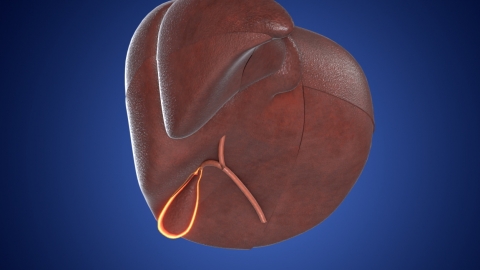Is gallstone surgery a major or minor procedure?
Generally speaking, whether gallstone surgery is considered a major or minor procedure depends on the patient's specific condition and the surgical approach used. If discomfort occurs, it is recommended to seek medical attention promptly. The detailed analysis is as follows:

If the patient’s gallstone condition is uncomplicated, without severe complications, and laparoscopic surgery is performed, the procedure is generally considered relatively minor. This type of surgery is minimally invasive, involving small incisions, minimal blood loss, rapid postoperative recovery, shorter hospital stays, and limited overall impact on the body. Most patients can return to normal daily activities shortly after surgery.
However, if the patient has complications such as severe cholecystitis, bile duct stones, or gallbladder perforation, or if an open abdominal surgery is required due to physical limitations, the procedure is generally considered more extensive. These surgeries are more complex, involve larger incisions, carry higher intraoperative risks, require longer recovery periods, and place greater strain on the body, necessitating prolonged monitoring and postoperative care.
Prior to surgery, patients should cooperate with their doctors to complete comprehensive evaluations to clarify the condition and determine the appropriate surgical plan. After surgery, follow medical advice for wound care, keeping the incision clean and dry to prevent infection. Gradually transition from liquid diet to regular food, avoiding greasy and spicy foods initially. Ensure adequate rest and avoid strenuous activities too soon. If any abnormalities occur—such as increased wound pain, fever, or jaundice—inform the doctor immediately.







